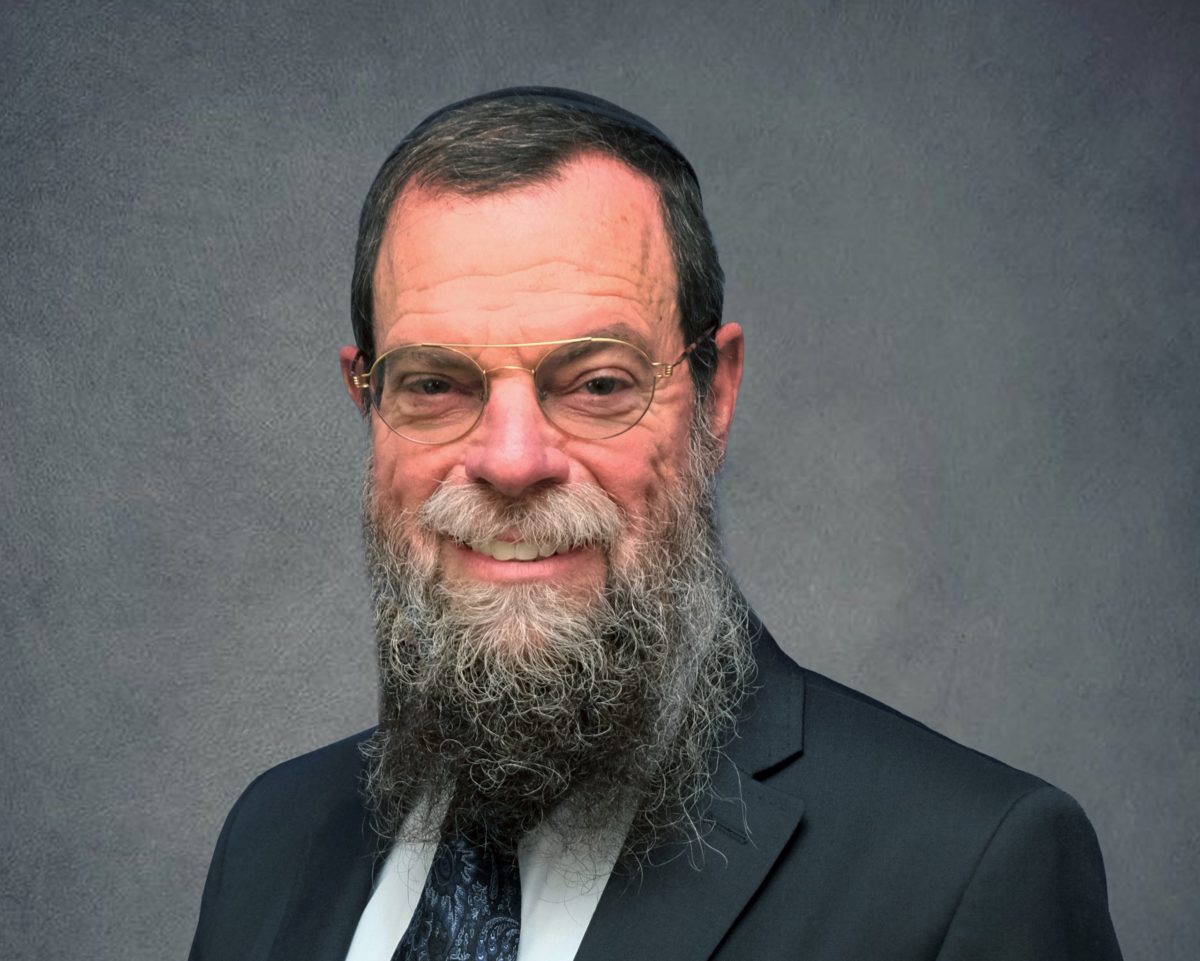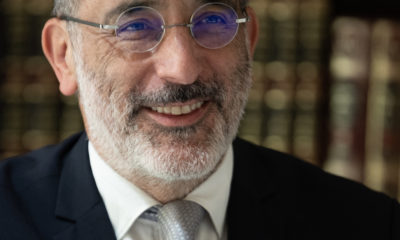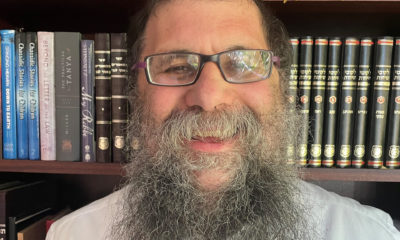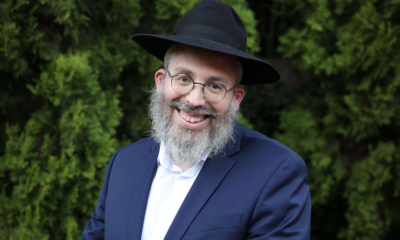
Parshot/Festivals

Life is like a kneidel
Come Seder night, how many millions of Jews will be looking much more forward to the kneidlach than the matzah itself? Frankly, I don’t blame them. Matzah tastes like cardboard and a kneidel in hot chicken soup is undeniably delicious.
I’ll come back to our friendly matzah ball in a moment, but first let me ask you another Pesach question. At the seder, we first hold up the matzah and declare, “This is the bread of affliction that our ancestors ate back in Egypt.” We recall the harsh slavery and broken morsels the Egyptians fed their Jewish slaves. Later in the Haggadah, though, we raise the matzah and explain that we eat matzah “because the dough of our fathers had no time to rise before the Holy One redeemed them”.
So what is it? Is matzah a symbol of slavery or of freedom? Does matzah represent bondage or redemption?
Well, the simple answer is both. First, we were slaves and then we became free.
But it speaks to us personally too. One fellow will eat matzah on Pesach and complain about how hard and tasteless it is. He is re-experiencing the bondage of old. But another will taste the freedom. Believe it or not, some people love matzah, especially with a little avocado smeared on top.
There’s a simple but powerful message here. Life is what you make of it.
How many times do we see two people with the exact same set of circumstances, and one enjoys success while the other fails miserably? King Solomon wrote in Ecclesiastes that “there’s no bread for the wise”, meaning that clever people don’t necessarily always succeed in life. Indeed, we have all seen many wise people who struggled financially and many ordinary, simple individuals who have achieved great success.
Today, we know very well that EQ (emotional intelligence) is more important than IQ. Our attitude always determines our altitude. Whether we’ll fly or flounder depends more on how we approach and deal with our own situations than the actual situation itself.
And this leads me to my profound philosophical discovery. “Life is Like a kneidel!” We’ve all tasted a variety of kneidels over the years. Some were a big hit at the seder table while others were a disaster. One woman’s kneidel is big, soft, and fluffy – great on the plate and pleasing to the palate – while another’s is small, hard, and as tasteless as the matzah itself. Both chefs used the identical ingredients, but some rise, and some sink; some are delicious, and some are dangerous.
So is matzah the bread of affliction or the food of freedom? The choice is ours.
We have seen Holocaust survivors who rebuilt their lives and families, while others wallowed in misery and bitterness for the rest of their lives. They had ample justification, and it’s not for us to condemn or even criticise. But the observation is clearly instructive.
My own father was the sole survivor of his entire family from Poland. Thank G-d, he rebuilt his family, leaving well over 80 great-grandchildren when he passed away. Many survivors lost their faith. Again, we cannot condemn them. Who knows how we would have responded were we in their shoes, G-d forbid? I once asked my father why he never lost his faith. He answered that he saw and felt the hand of G-d plucking him out of danger and to safety time and again. His journey of survival took him from Poland to Vilna; to Moscow; Vladivostok; then Kobe in Japan; and Shanghai in China before finally reaching the United States after the war. He said it would have been impossible for him to be oblivious to the countless miracles he experienced.
Indeed, life is like a kneidel. Life is what we make of it. And the choice is ours. Some of us will complain about how difficult it is to prepare for such a demanding yom tov and how hard it is to observe Pesach. And others will celebrate this chag as a wonderful, joyous opportunity to leave indelible impressions on our children and grandchildren for generations to come.
May we all use our opportunities wisely. May we see the positive in every circumstance. May we choose to live constructive lives, choosing freedom over bondage and redemption over exile.
I wish you chag kosher v’sameach – a joyous and kosher Pesach.
- Rabbi Yossy Goldman is the life rabbi emeritus at Sydenham Shul and president of the South African Rabbinical Association.











Hessel Meilech
April 14, 2022 at 4:17 pm
Matzah eaten by itself is the bread of affliction.
Matzah shared is the bread of freedom.
Rabbi Sacks from Primo Levi